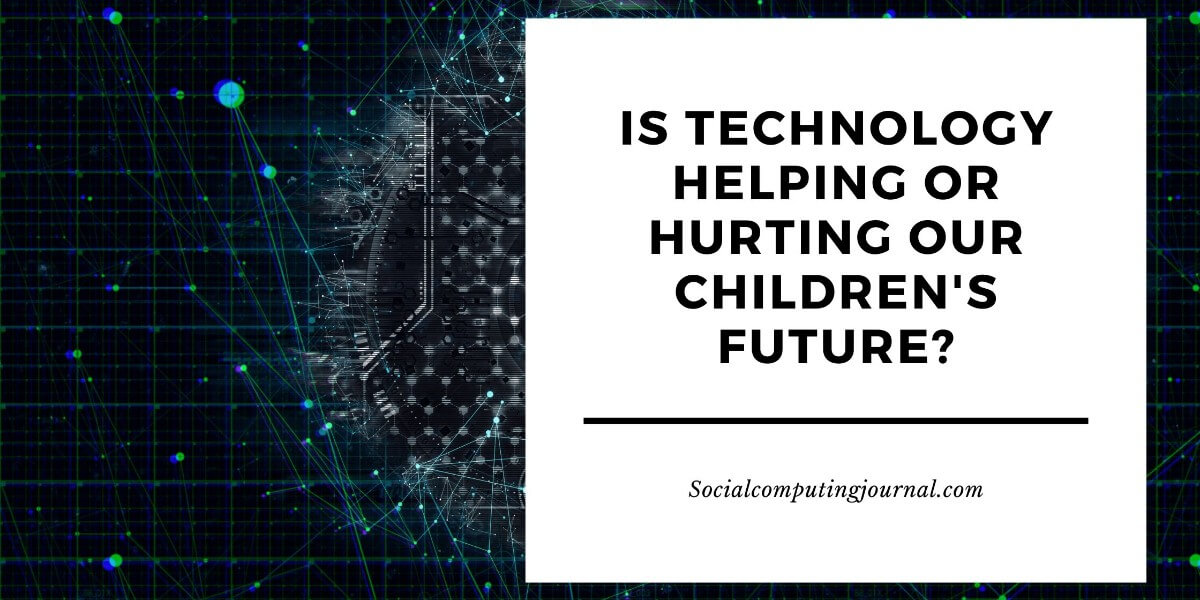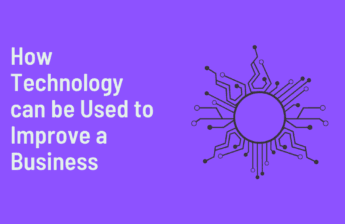In an era where tablets have replaced picture books, and smartphones are as common as school bags, British parents find themselves grappling with a fundamental question: is technology a blessing or a curse for our children’s development? As they grow up immersed in screens and connectivity, we must carefully examine both the remarkable opportunities and genuine concerns that technology presents for the next generation.
Contents
The Educational Revolution
Technology has transformed learning in ways previous generations could never have imagined. Interactive whiteboards, educational apps, and online resources have made lessons more engaging and accessible than ever before. Children can now explore ancient Rome through virtual reality, collaborate with peers across the globe, and access world-class educational content from the comfort of their bedrooms. The pandemic highlighted the vital role of technology in maintaining educational continuity, with platforms like Google Classroom and Zoom enabling millions of British pupils to continue learning from home.
Digital literacy has become as essential as traditional literacy. Children who master these skills early are better prepared for a job market where technological competence is increasingly non-negotiable. From coding programmes in primary schools to sophisticated design software in secondary education, technology is equipping young people with practical skills that will serve them throughout their careers.
Mental Health and Social Concerns
However, this digital revolution comes with significant challenges. Mental health professionals report rising anxiety and depression rates amongst young people, with excessive screen time and social media use identified as contributing factors. The constant comparison culture nurtured by platforms like Instagram and TikTok can damage self-esteem, particularly during the vulnerable teenage years.
Sleep disruption caused by blue light exposure and the addictive nature of digital entertainment is affecting children’s physical and mental development. Many youngsters struggle to disconnect, leading to decreased face-to-face social interaction and reduced outdoor play. Whether a child lives with birth parents or a foster carer who fosters with an agency like Orange Grove Foster Care, establishing healthy boundaries around technology use has become a universal parenting challenge.
Physical Development and Lifestyle Impact
The sedentary lifestyle encouraged by excessive screen time contributes to rising childhood obesity rates and declining physical fitness. Poor posture from hunching over devices can lead to long-term musculoskeletal problems, whilst reduced outdoor activity affects vitamin D levels and overall physical development.
Traditional play patterns have shifted dramatically. Where children once spent hours building dens or playing street games, many now prefer indoor, screen-based activities. This change affects not only physical health but also creativity, problem-solving skills, and the ability to entertain oneself without digital stimulation.
Finding the Right Balance
Rather than viewing technology as inherently good or bad, we must focus on using it mindfully. Setting clear boundaries, encouraging digital detoxes, and modelling healthy technology habits are crucial. Schools and families should work together to ensure that technology enhances, rather than replaces, fundamental childhood experiences like reading, creative play, and social interaction.
Technology is neither saviour nor villain in our children’s lives—it’s a powerful tool that requires careful management. By embracing its educational benefits whilst vigilantly protecting against its potential harms, we can help ensure that technology serves our children’s future rather than undermining it. The key lies in striking a balance, establishing healthy limits, and maintaining our focus on what truly matters: raising healthy, happy, and well-rounded human beings in an increasingly digital world.







